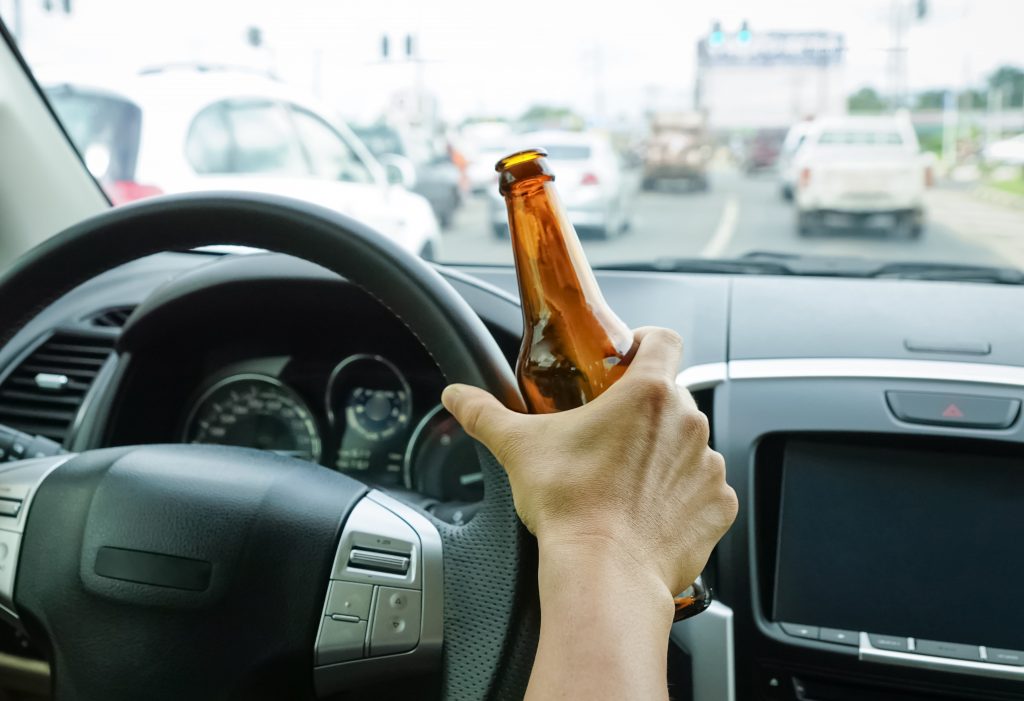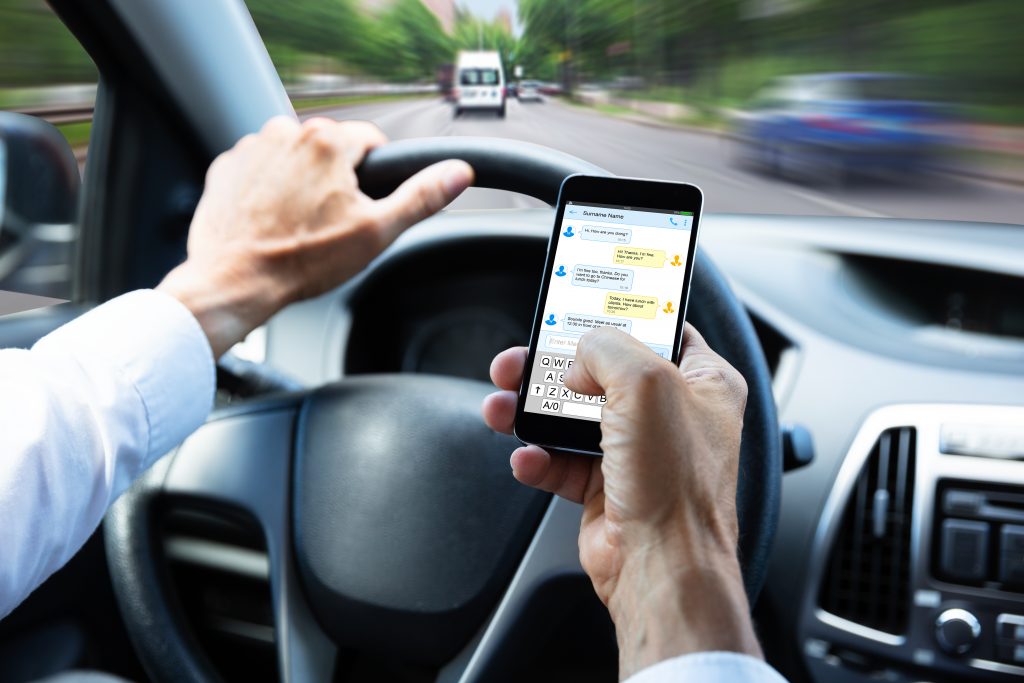
Every year, 1.35 million people lose their lives due to road crashes worldwide, representing an average of 3,700 deaths daily, according to the World Health Organization’s ‘Global Status Report on Road Safety 2018.’ In fact, road traffic accidents are the fifth leading cause of death around the globe. Unfortunately, low- to middle-income countries suffer the most from the consequences of traffic mishaps, along with vulnerable traffic users like pedestrians, bicyclists, and motorcyclists.
Road accidents are highly preventable, given the proper implementation of laws and the individual efforts of road users—but why are road accidents still a threat to public health and safety? In this article, you’ll discover the four most common causes of car accidents that everyone should be aware of.
- Distracted Driving
Your undivided attention should always be on the road when driving. However, in 2018 alone, 400,000 individuals were injured in road accidents because of a distracted driver according to a summary of statistical findings on traffic safety facts by the US Department of Transportation National Highway Traffic Safety Administration (NHTSA).
Anything can be a distraction while driving, whether they’re visual, manual, or even cognitive distractions. If you’ve been involved in an accident associated with distracted driving, this blog post thoroughly explains the dangers of distracted driving and how SR22 insurance can help.
Always give your full attention when driving and avoid multitasking. If you’re in the company of a distracted driver, speak up and ask them to focus, and help reduce their distractions by assisting them while driving.
- Driving Under The Influence (DUI)
Certain substances can profoundly impair your driving capabilities. Driving any motorized vehicle after alcohol intake is a serious crime. In 2016 alone, 28% of road-related casualties are caused by alcohol-impaired driving, according to Traffic Safety Facts 2016 data for alcohol-impaired driving by the NHTSA.
Driving under the influence (DUI), also known as driving while intoxicated (DWI), is a major traffic offense involving driving or operating a vehicle with at least 0.08% of blood alcohol content (BAC) in your system.
If you’re planning to consume alcohol within the day, don’t bring and drive your car, or ask someone sober to drive for you. Regardless of the amount of alcohol you’ve consumed, alcohol has negative impacts on your brain that can put more than one life in danger.
- Weather Conditions
As opposed to the first two causes, accidents caused by weather conditions are highly unanticipated, but it doesn’t mean that vehicle drivers and operators shouldn’t observe caution.
Drivers and passengers are most aware of slippery roads when it comes to driving in inclement weather, but other mobility issues influence driving conditions, including:
- Obstruction of vision due to low visibility
- Loss of vehicle control
- Decrease in freeway speed
- Disruption of traffic signal timing
- Lower road capacity caused by debris and snow accumulation
- Drowsiness and Fatigue
Drivers should constantly ensure that they’re in their best condition before getting behind the wheel. Still, regular operators such as bus drivers, taxi drivers, and even civilians go behind their vehicles while tired, drowsy, or both. Driving while drowsy and fatigued is as dangerous as drunk driving because they both debilitate your driving capabilities.
Compared to DUI measurable by BAC, it’s tougher to define and confirm sleep deprivation after accidents as they’re typically mistaken for other accident causes. If you’re certain that you’re sleep-deprived before and during driving, try out these helpful tips:
- Take regular breaks of at least every two hours.
- Share the driving with your company if possible.
- Ask for assistance from the person in the passenger seat when navigating or keeping you awake.
- Pull over the side of the road and have a 15-minute power nap if you find yourself exhausted during the drive.
- Don’t drive and travel for more than eight hours daily.
- Always have an adequate, fulfilling sleep before a long drive.
Take-Home Message
As you might notice, the most common causes of car accidents are barely induced by natural causes but the faults of individuals involved in the accident. Whether you’re a driver or passenger, as long as you’re regularly exposed to traffic, it’s paramount to develop awareness about road safety to prevent putting people’s lives on the line.

